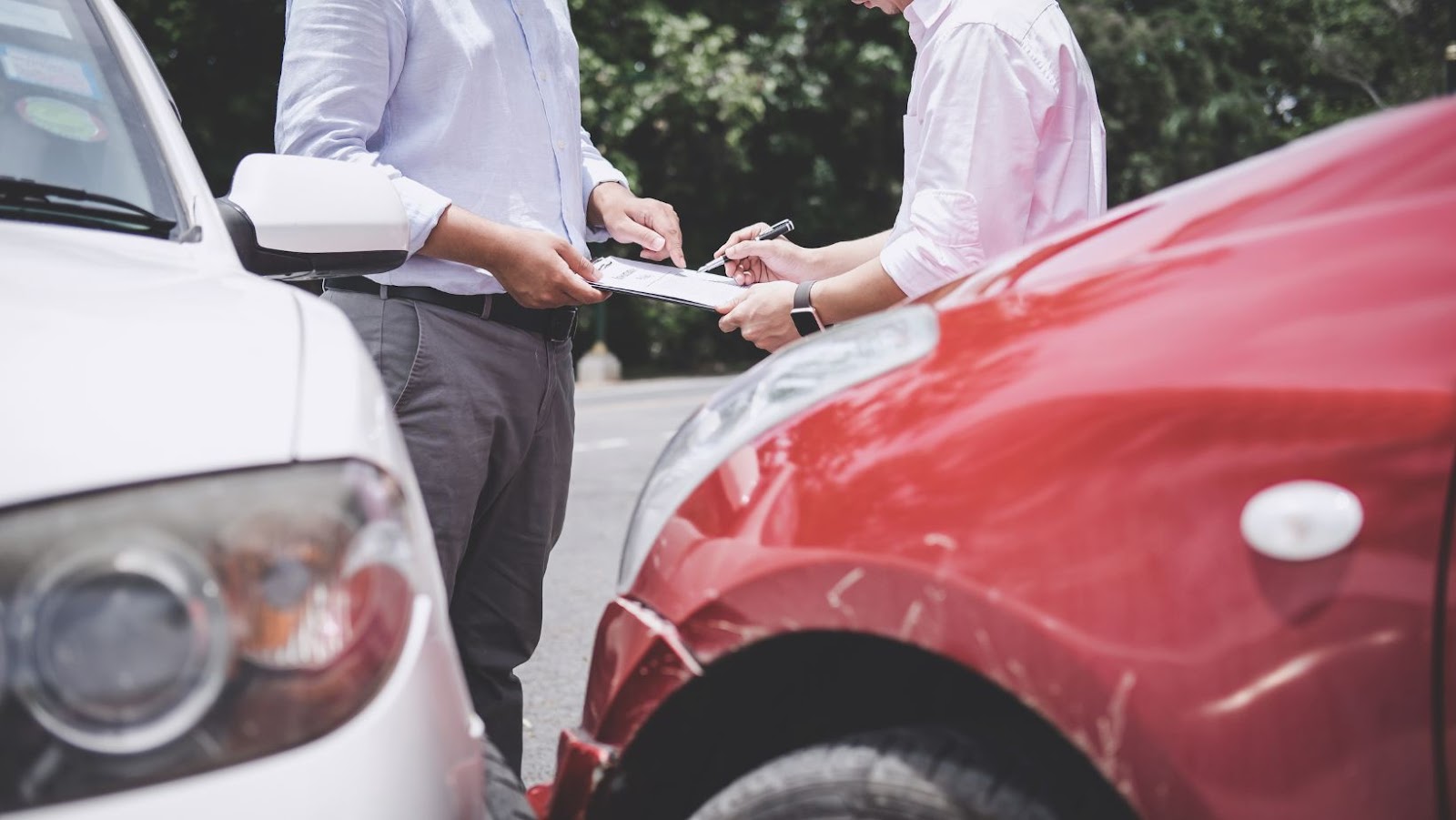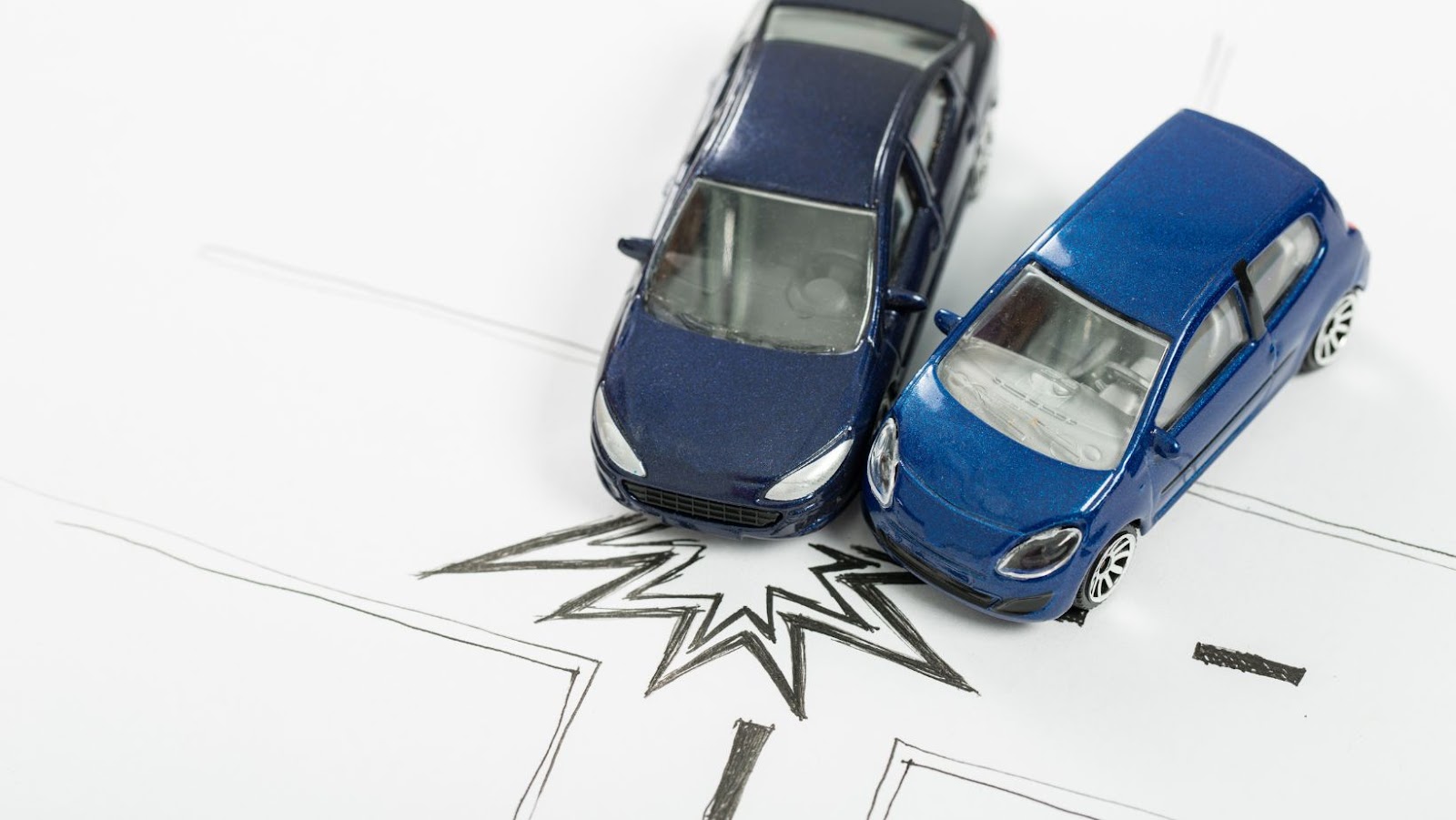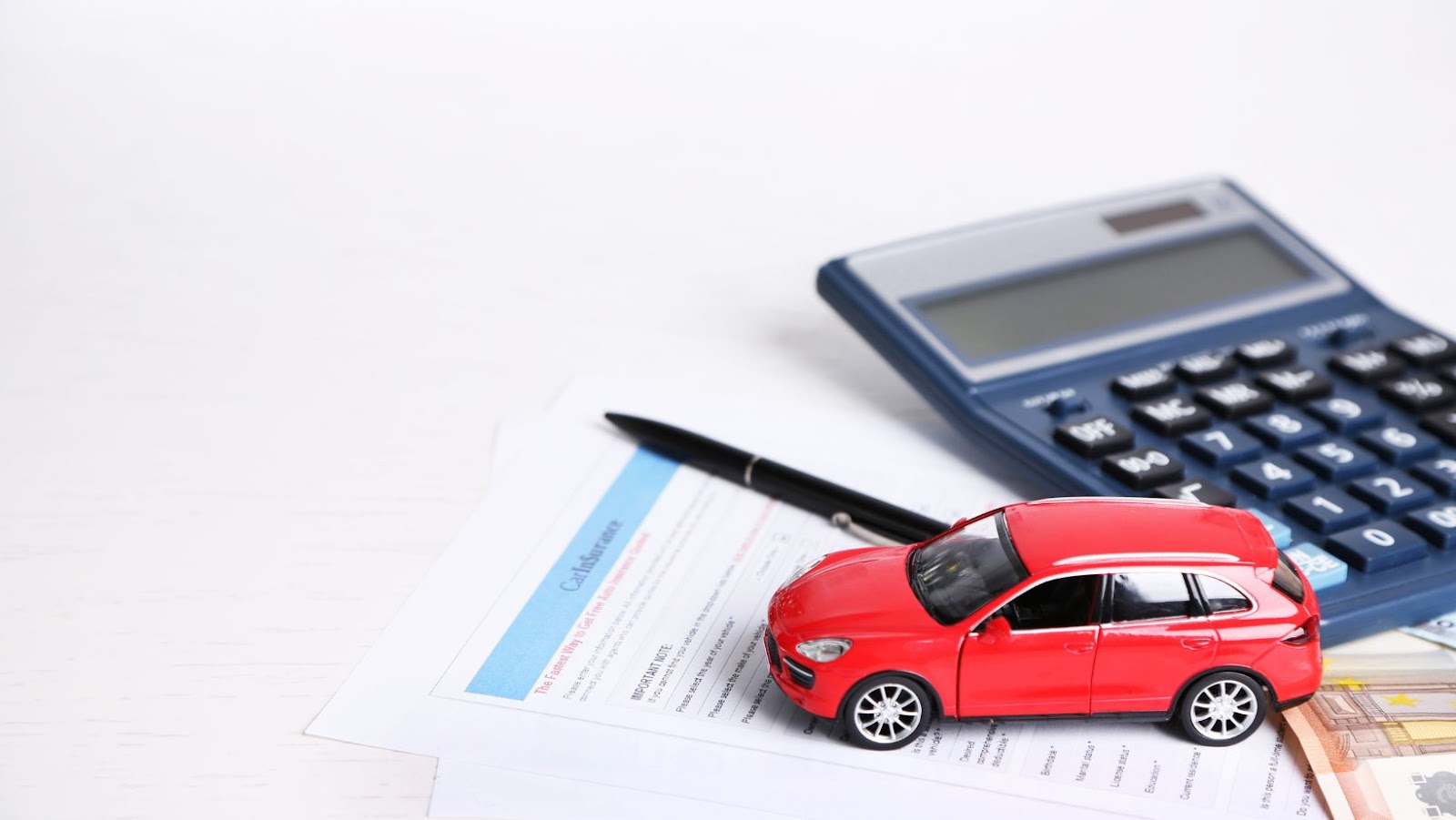
When you get in a car accident, one of the first things you may wonder is if your vehicle is totaled. Insurance companies often determine if a car is a total loss based on the estimated cost of repairs. Generally, if the repairs cost more than a certain percentage of the car’s value, they are determined to be totaled.
The percentage insurance companies use to determine if a car is totaled can vary, typically around 70-75%. So, for example, if your car has a value of $10,000 and the cost to repair it is $7,500 or higher, it may be considered a total loss. However, other factors such as the age and condition of the car, as well as state laws, may also play a role in the insurance company’s decision to total the car.
If your car is deemed a total loss, the insurance company will often provide you with the car’s actual cash value (ACV) minus any deductible you may owe. It’s important to note that the ACV may differ from what you paid for the car or what you still owe. Understanding the process and factors that go into determining if a car is totaled can help you make informed decisions after an accident.

Understanding Total Loss Thresholds
When an insurance company decides to total a car, a specific threshold must be met. This threshold is referred to as the total loss threshold. The threshold varies from state to state and insurance company to insurance company but is typically around 70%-75% of the car’s actual cash value (ACV).
What does this mean? If the cost to repair the car exceeds this percentage of its ACV, then the insurance company will declare it a total loss. So, for example, if a car has an ACV of $10,000 and the total loss threshold is 70%, then the cost of repairs would need to exceed $7,000 (70% of $10,000) for the insurance company to total the car.
It’s also important to note that the ACV can vary depending on the insurance company’s valuation method. Some companies may use the car’s market value while others may use a specific method for determining its worth. This can impact the total loss threshold for that particular car.
So, when do insurance companies total a car? When the cost of repairs exceeds the total loss threshold for that particular car. It’s important to remember that the insurance company is not obligated to repair the car if it has been deemed a total loss. Instead, the insured will receive a payout based on the car’s ACV at the time of the loss, minus any applicable deductibles.
Sometimes, the insured may keep the car despite being declared a total loss. This is referred to as a salvage title, and the car will be in a lower value category due to its previous damage history.

When Do Insurance Companies Total a Car
Understanding the total loss threshold can help individuals make informed decisions about their insurance coverage and whether or not to pursue repairs for their damaged vehicle.
When do insurance companies determine that a car is a total loss? Insurance companies usually consider a car a total loss when the cost of repairs exceeds the car’s actual cash value (ACV). This typically occurs when the cost of repairs reaches 70-75% of the car’s ACV. However, the threshold may vary depending on the state and insurance company.
Factors that contribute to deciding whether a car is a total loss include the extent of the damages, the car’s age, the ACV of the car, and whether the car has any pre-existing damage. Insurance adjusters will assess the damages and compare the estimated cost of repairs to the car’s ACV to determine if the car is a total loss.
If a car is deemed a total loss, an insurance company will typically pay the car’s ACV minus the policy’s deductible. In some cases, the car owner may choose to keep the car if they want to repair it themselves, but in this case, the insurance company will pay the owner the ACV minus the car’s salvage value.
It is important to note that the decision to total a car is typically made by an insurance adjuster, not the car’s owner. Owners may dispute the decision and request a second opinion, but the final decision typically rests with the insurance company.

Conclusion
In conclusion, insurance companies usually total a car when the cost of repairs exceeds the car’s ACV, typically around 70-75%. The decision to total a car is based on several factors, including the extent of the damages and the car’s age and ACV. Owners can dispute the decision, but the final decision typically rests with the insurance company.
When do insurance companies total a car? It’s a question that car owners may ask themselves after a serious accident. If your insurance company determines that your car is a total loss, repairing the car would cost more than the car is worth. As a result, the insurance company will offer you a settlement based on the car’s fair market value, known as the Actual Cash Value (ACV), the amount you expect to pay for a similar car in your local market.
After your car is totaled, your insurance company will take the car and receive the title, which is then marked as a salvage title. The insurer may sell the car to a salvage yard, or sell the car to an individual who will rebuild the car and obtain a rebuilt title. Meanwhile, you’ll need to consider purchasing or replacing a new car with a similar used one. The settlement amount that you receive can help you move on from this difficult experience.
It’s essential to note that insurance companies have different guidelines for considering a car to be totaled. For example, some companies may consider a car totaled if the repair costs exceed 70% or 80% of the car’s value, while others may consider a car totaled if the repair costs exceed 50% or more. Remember that if your car is less valuable, the threshold for totaling your car may be lower, while for more expensive or newer cars, the threshold may be higher.
In summary, insurance companies total a car when the repair costs exceed the value of the car. After a car is totaled, the insurance company will offer a settlement based on the car’s Actual Cash Value (ACV). The insurance company will then take the car and receive the title, while you’ll need to consider replacing your car.
